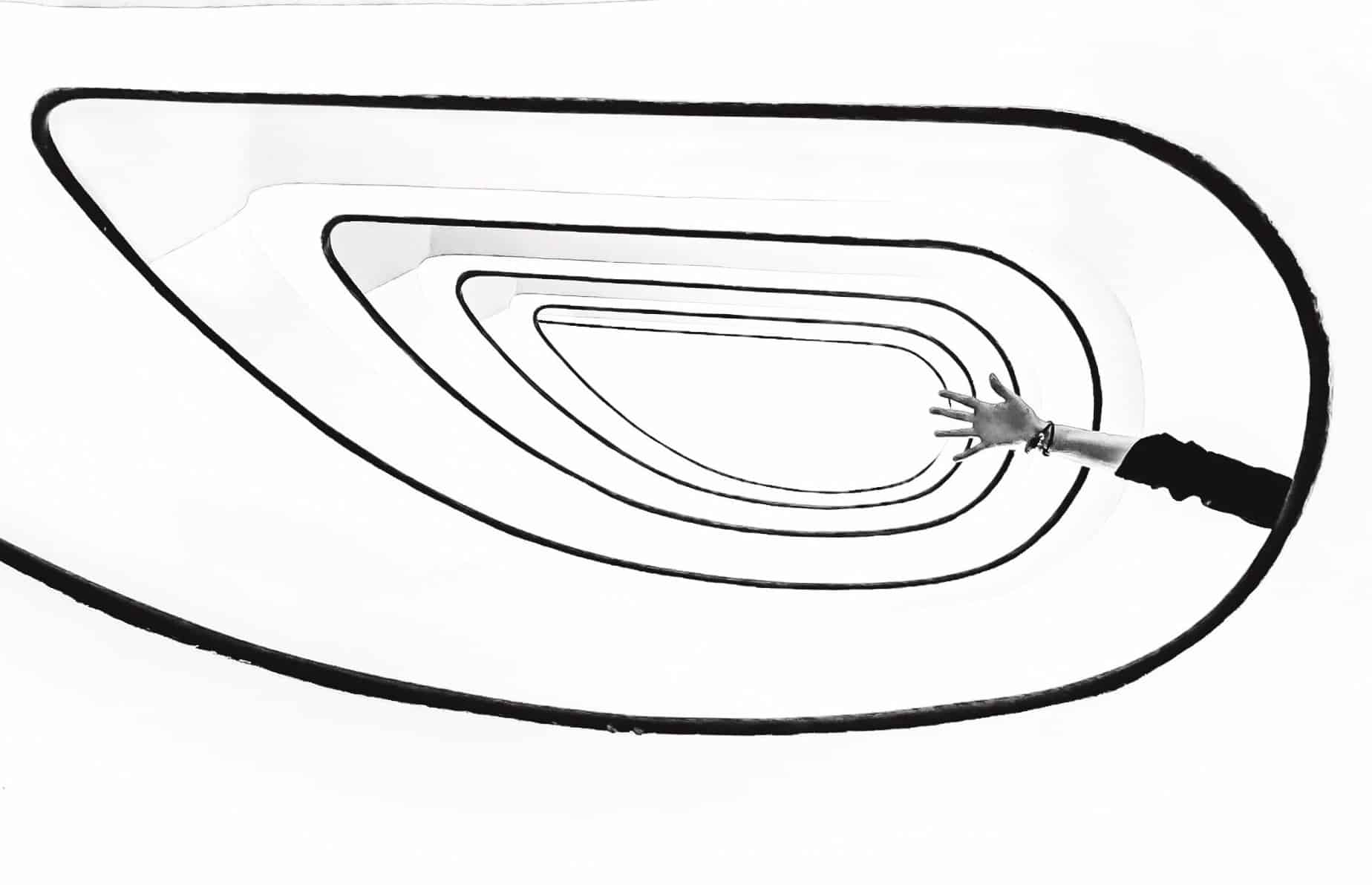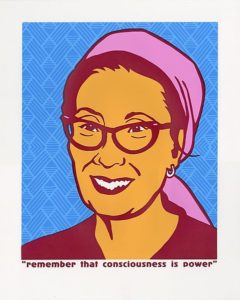
A white Christian on the road to freedom from racial supremacy
After George Floyd’s death, white people started asking questions about systematic racism. And while most of the social media posts were clumsy, people were earnest in their desire to learn. But half a year later, the glaring silence from white people about current racial injustice is evidence that little has changed.
This movement away from the discussion of racial justice highlights an anemic view of discipleship. In Healing Our Broken Humanity, Grace Ji-Sun Kim and Graham Hill write, “When we don’t connect deeply with God (and with creation and people), we direct our desires and passions in self-destructive and other-destructive ways.” Our church’s lack of intimacy has led to broken bodies on the altar of white supremacy.
Calling white Christians to repent and seek healing from white supremacy leads our church to a deeper connection with God. It moves us away from the evils of white supremacy and towards the freedom offered by our Savior.
It is ludicrous to believe that European Americans could have perpetuated so much harm against Black and Brown image-bearers without hurting ourselves. Our people have followed in our ancestors’ footsteps, building a culture where white people live in the trauma they make.
In Unsettling Truths, Mark Charles and Soong-Chan Rah write, “The quick and impulsive response [to racial violence] reveals a trauma that has been experienced but never addressed.” We saw this last summer, when white Christians responded quickly, almost frantically, trying to find a solution. Such a response is compatible with Perpetration-Induced Traumatic Stress (PITS), a psychological injury caused by participating in violence.
Charles and Rah purport that white Americans suffer from a complex form of PITS (C-PITS) that impacts the descendants of those who have perpetrated violence (and who continue to benefit from the inequalities resulting from that violence). “C-PITS could express a transgenerational and communal manifestation,” they write, “which was the traumatized behavior many whites expressed in the contest of difficult conversations on race.”
Identifying the white reaction to racial injustices as a symptom of trauma allows us to invite white Christians to participate in their own healing. Calling it trauma also allows for all peoples to come to the conversation as equals. “Oftentimes, in conversations on race,” write Charles and Rah, “whites are viewed as those with power who should initiate the process of reconciliation and healing. Instead, by treating white Americans as traumatized people, we are called to equality in our mutual brokenness and trauma.”
The first time I articulated that I struggled with racism, I experienced a sense of freedom. Naming that my “color blindness” was an excuse to see white culture as normative while silencing and suppressing other cultures illuminated an opportunity to turn towards Jesus. All people in America suffer complex trauma because of the systems upon which our forefathers built this country. Recognizing that trauma permits us to turn to God for healing.
Invitation to repent
The racial injustice that plagues our country demands that we start with repentance—both for our own healing and so that we can follow Jesus into a reconciled community.
The empty confessions of white America have led to little if any movement to racial justice. Our confessions do not lead to transformation unless they turn us to God. Repentance requires that we turn from the ways we have personally benefited—and still benefit—from systematic racism.
Kim and Hill discuss the four stages of repentance: conviction, contrition, commitment, and change. It appears we get stuck in a conviction loop in our culture, recognizing our sin but unable to move forward. “Contrition is a godly sorrow that moves us to action,” write Kim and Hill. Without moving towards action, we get stuck in a depressing loop that does little but serve our ego.
Anne Braden, a devout Episcopalian, was raised in segregated Alabama. She didn’t question the status quo until college, when, in a conversion-like experience, she become aware of the evils of segregation. Braden became an outspoken activist for the civil rights movement, but in 1954, she and her husband took a step further, giving substance to their beliefs when they purchased a house for Andrew and Charlotte Wade, an African American couple denied access to a suburban neighborhood because of Jim Crow laws. The Bradens recognized the privilege that their white identity gave them and used that privilege to empower the Wades. “Either you find a way to oppose the evil,” Braden wrote, “or the evil becomes part of you and you are a part of it, and it winds itself around your soul like the arms of an octopus… If I did not oppose it, I was…responsible for its sins.” Her willingness to oppose the evils of segregation came from her recognition of the evils of racism. It wasn’t a form of savior-ism but a choice to detangle herself from sin.
The church needs to lead white Christians into the full cycle of repentance in order to experience healing and to see the promise of the reconciled body of Christ.
The insidious evil of white supremacy has traumatized every American. We cannot escape its tendrils, but we can recognize it and begin to address the havoc it has played in our own lives by seeking healing. Jesus told the Pharisees, “It is not the healthy who need a doctor, but the sick. I have not come to call the righteous, but sinners to repentance” (Mark 2:7). If we are serious about seeking racial justice, we must first understand that we live in sin, then repent of that sin, and walk into the Good Physician’s loving grace.
Paula Frances Price has worked with InterVarsity for over 13 years in Georgia, discipling hundreds of students to address racial justice and white supremacy. She has written for Fathom, the Mudroom, and the Art of Taleh.


